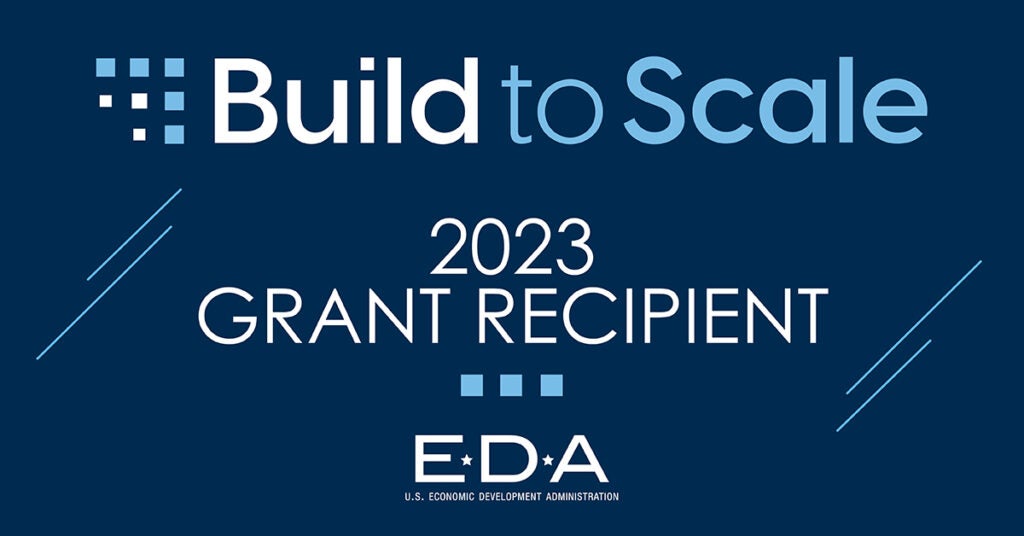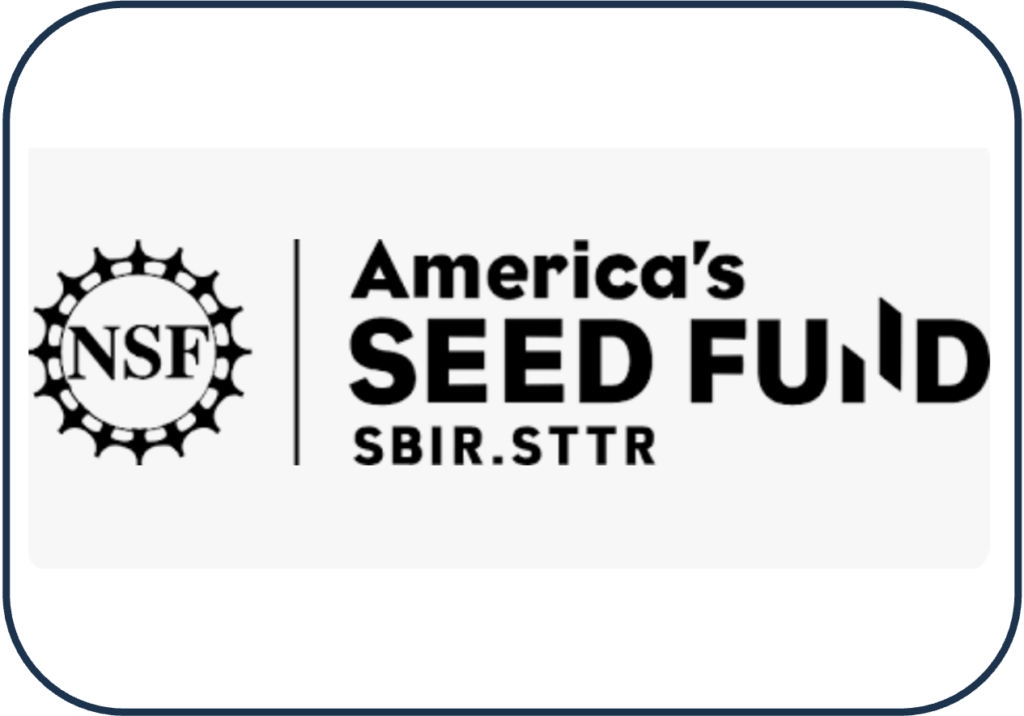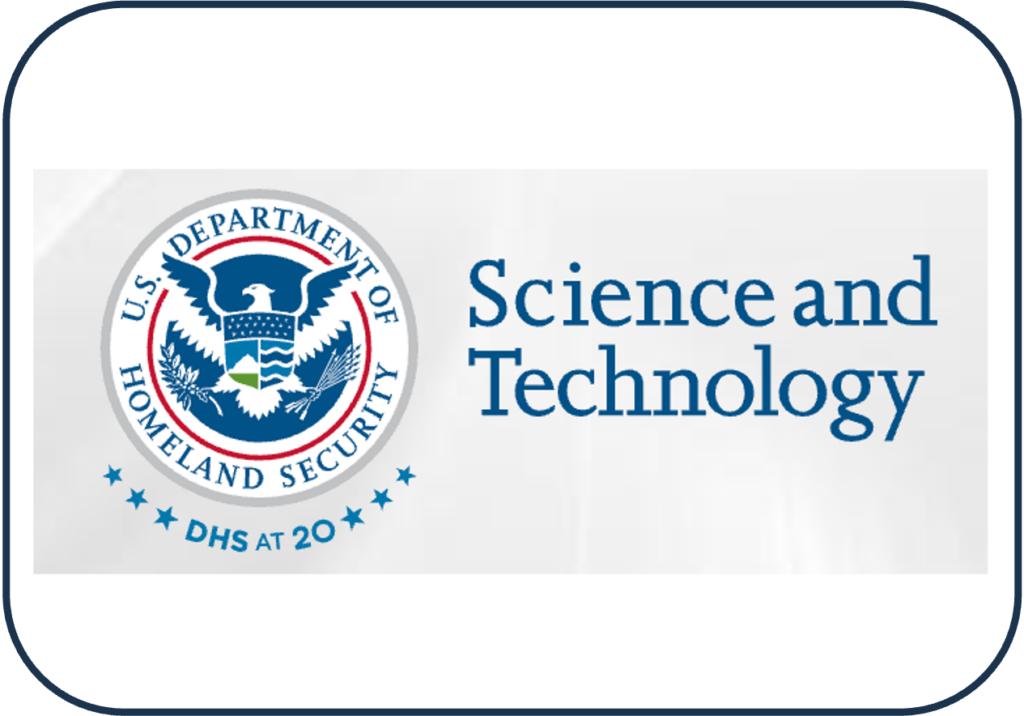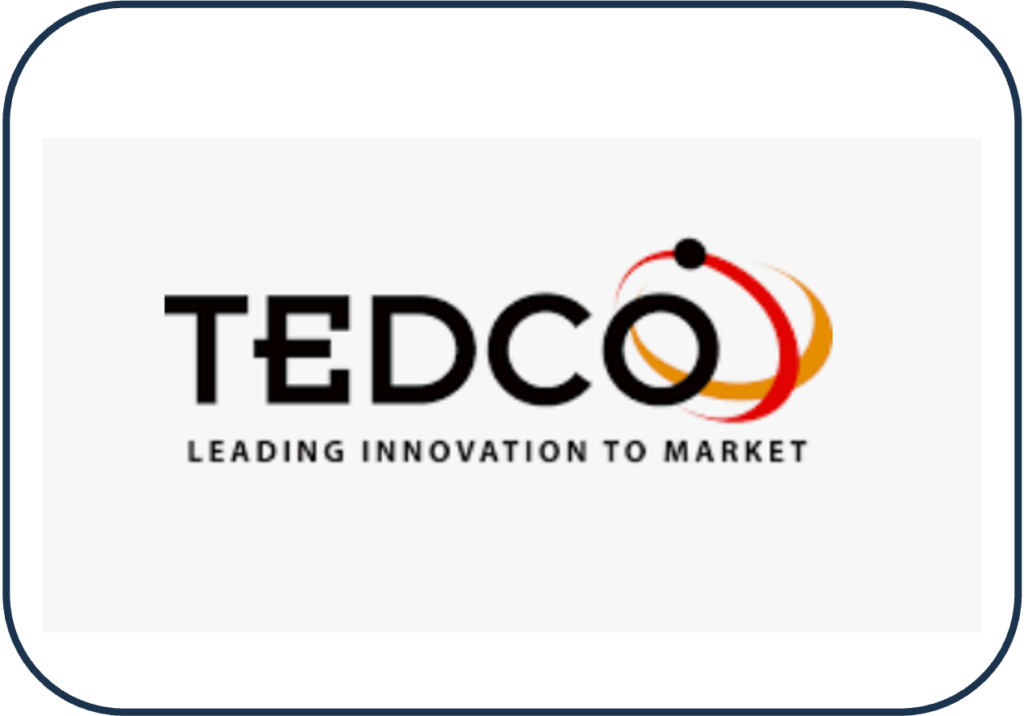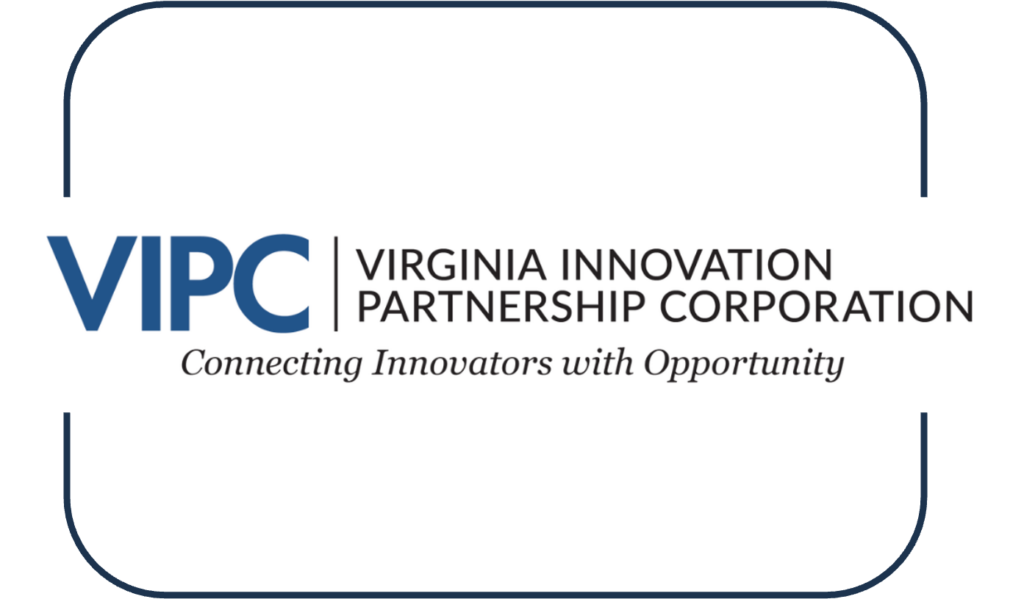At the intersection of innovation and academic excellence, we are dedicated to advancing groundbreaking research and fostering collaborations that translate intellectual capital into real-world impact. This page allows researchers, entrepreneurs, and industry partners to explore various funding avenues available to propel innovative ideas from conception to commercialization.
Explore various funding programs, grants, and partnership possibilities and embark on a journey of discovery and innovation with Georgetown University’s Office of Technology Commercialization.
Gap Fund
The Georgetown University Medical Center Gap Fund supports promising medical research by providing annual funding of up to $100,000 per project for one year. Established in 2021 through a $1M gift from Bill and Ruth Baker, the fund bridges the gap in early-stage biomedical research, aiding projects with proof of concept and societal impact potential.
This collaboration between the Office of Advancement and the Office of Technology Commercialization aims to enhance Georgetown’s entrepreneurial ecosystem for medical research. Bill Baker, an alumnus and dedicated Georgetown parent, has played a key role in the university’s community and served on the Board of Directors and Board of Regents, contributing significantly to initiatives such as the sale of Georgetown University Hospital to MedStar Health.
It is my hope that this fund acts as a catalyst for the university’s growing entrepreneurial culture. I believe it will increase investments and partnerships within the university community to create common good.
Bill Baker
Build to Scale (B2S) Program
The Office of Innovation and Entrepreneurship (OIE) at the Economic Development Administration (EDA) is at the forefront of the Build to Scale (B2S) program, as authorized by Section 27 of the Stevenson-Wydler Technology Innovation Act of 1980 (15 U.S.C. § 3722). Through the B2S initiative, EDA administers various grants strategically crafted to enhance regional capabilities, fostering inclusive ecosystems that actively support diverse technology innovators, entrepreneurs, and startups. These regions are pivotal in nurturing technology-driven enterprises, generating high-skill, high-wage employment opportunities, and shaping the industries of tomorrow.
The Build to Scale program is crafted to empower entrepreneurial innovators by providing seamless access to knowledge, capital, and influential networks in emerging technologies. It innovates within support organizations, creating pathways for underrepresented innovators in successful startups. Emphasizing diverse and inclusive ecosystems, the program accelerates regional economic growth, focusing on future industries. It fosters cross-sector partnerships for transitioning innovations from the lab to the market and addresses structural barriers to equity capital access, ensuring a level playing field.
Georgetown University is an FY2023 Build to Scale Venture Challenge grantee!
We are grateful for the $750,000 funding received through the Build to Scale – Venture Challenge, which will propel technology-based economic development, nurture regional innovation ecosystems, and drive the commercialization of cutting-edge technologies.
Learn MoreAccelerating Research Translation (ART)
The National Science Foundation (NSF) aims to accelerate the translation of academic research into practical solutions that benefit the public through the “Accelerating Research Translation” (ART) program. This initiative primarily focuses on building capacity and infrastructure for translational research at U.S. Institutions of Higher Education (IHEs) and enhancing their role in regional innovation ecosystems. It also seeks to provide effective training for graduate students and postdoctoral researchers in translational research, benefiting them in various career options.
Key points regarding the ART program:
- Infrastructure Support: Specifically supports IHEs interested in developing infrastructure to enhance institutional capacity for translating fundamental research into practice.
- Collaboration Encouragement: This does not target institutions already heavily involved in translational research but encourages them to join as collaborators, sharing expertise in building necessary infrastructure at other responding IHEs.
- Limitation on Fundamental Research: The ART program is not a resource for conducting additional fundamental research; additional details can be found in sections II and VI of the solicitation.
The solicitation calls for proposals enabling IHE-based teams to blend activities, including:
- Infrastructure Development: Building/strengthening institutional infrastructure.
- Education and Training: Providing opportunities for graduate students and postdocs to learn and engage in translational research.
- Translational Research: Conducting research for immediate economic and societal impact.
Funded teams will become a nationwide network of ‘ART Ambassadors,’ advocating for the cause of translational research.



